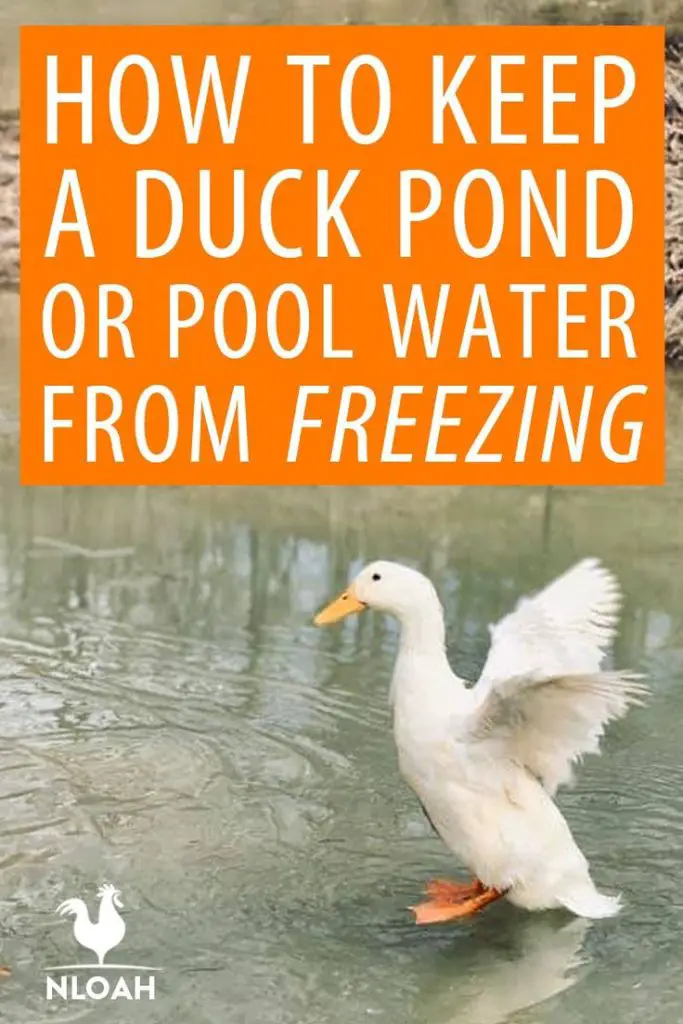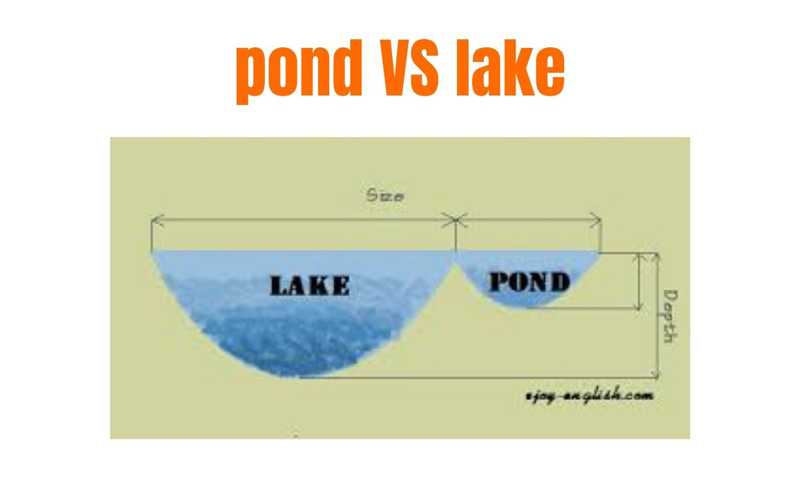Ducks are delightful creatures that enjoy spending time in ponds, especially during the colder months. However, as the temperatures drop, ponds can freeze over, making it challenging for ducks to swim and find food. To ensure the well-being of your feathered friends, it’s essential to take steps to prevent the pond from freezing. Here are some tips on how to keep the pond from freezing for ducks:
1. Install a Pond De-Icer
One of the most effective ways to prevent a pond from freezing is by installing a pond de-icer. These devices are designed to keep a small area of the pond ice-free, allowing ducks to access the water even when the temperatures are low. Pond de-icers come in various sizes and styles, so be sure to choose one that is suitable for the size of your pond.
2. Use a Floating Heater
Another option to keep the pond from freezing is by using a floating heater. These devices are placed on the surface of the water and work by generating heat to prevent the formation of ice. Floating heaters are easy to install and can be a practical solution for maintaining a thawed area in the pond for ducks to swim and drink.
3. Create a Water Circulation System
Installing a water circulation system in the pond can help prevent freezing by keeping the water moving. A circulating pump or fountain can help break up the ice and maintain a more consistent water temperature, making it easier for ducks to navigate the pond even in cold weather.
4. Provide Shelter near the Pond
Creating a sheltered area near the pond can provide ducks with a safe and warm place to rest when they are not in the water. You can set up a small duck house or shelter where the ducks can seek refuge from the cold and inclement weather. Adding some straw or bedding inside the shelter can offer extra insulation and comfort for the ducks.
5. Offer Food and Fresh Water Daily
During the winter months, it’s crucial to provide ducks with an adequate supply of food and fresh water. Ducks need more calories to stay warm in cold weather, so make sure to offer nutritious food such as cracked corn, birdseed, and vegetables. Additionally, ensure that the ducks have access to clean, unfrozen water at all times to keep them hydrated and healthy.

Credit: www.fresheggsdaily.blog
6. Monitor the Pond Regularly
Keep an eye on the pond regularly to check for any signs of freezing. If you notice that the pond is starting to ice over, take action immediately to prevent it from completely freezing. By monitoring the pond frequently, you can ensure that the ducks have a safe and open water source throughout the winter.
7. Remove Snow and Ice Build-Up
After a snowfall, be sure to remove any snow and ice build-up from the pond’s surface. Use a shovel or ice chipper to clear away the snow and ice, allowing the water to remain accessible to the ducks. Keeping the pond free of snow and ice will make it easier for the ducks to swim and forage for food.
8. Consider Adding Salt or Glycerin
In extreme cold conditions, you can consider adding salt or glycerin to the pond water to help lower the freezing point. However, it’s essential to use these additives sparingly and monitor the water quality to ensure that they do not harm the ducks or other wildlife in the pond.
Credit: www.quora.com
9. Consult with a Professional
If you are unsure about the best methods to keep your pond from freezing for ducks, consider consulting with a professional pond maintenance service. They can provide expert advice and recommend solutions tailored to your specific pond and duck population, ensuring the well-being of your feathered friends during the winter months.
By taking proactive steps to prevent your pond from freezing, you can create a safe and inviting environment for ducks to enjoy year-round. With the right care and maintenance, you can ensure that your pond remains accessible and welcoming to ducks even in the coldest of temperatures.
Remember, ducks rely on ponds for food, water, and shelter, so it’s essential to prioritize their well-being by keeping the pond from freezing and providing them with a comfortable habitat to thrive.


